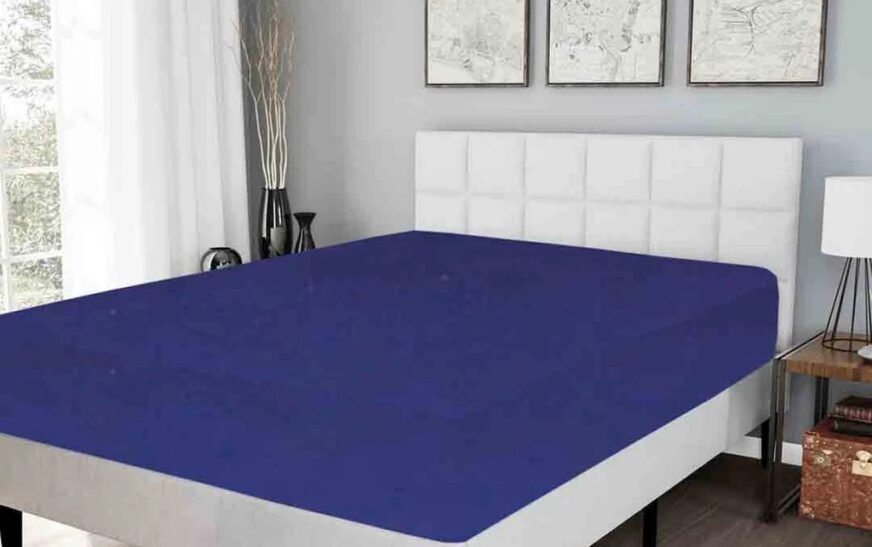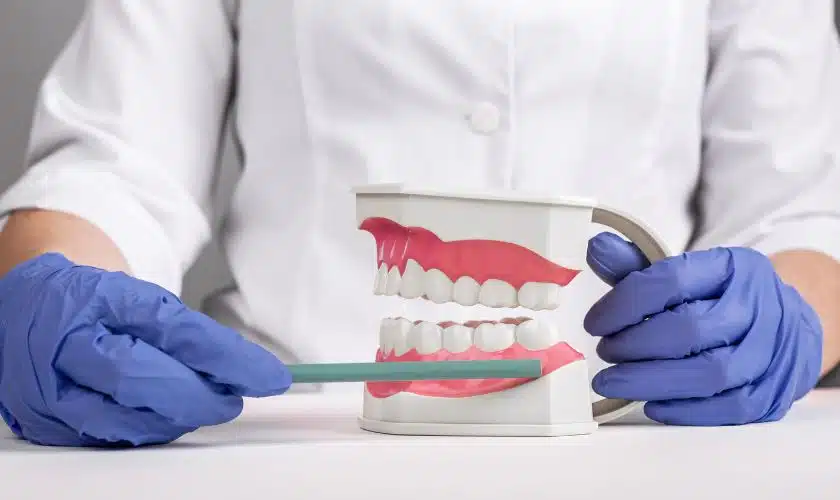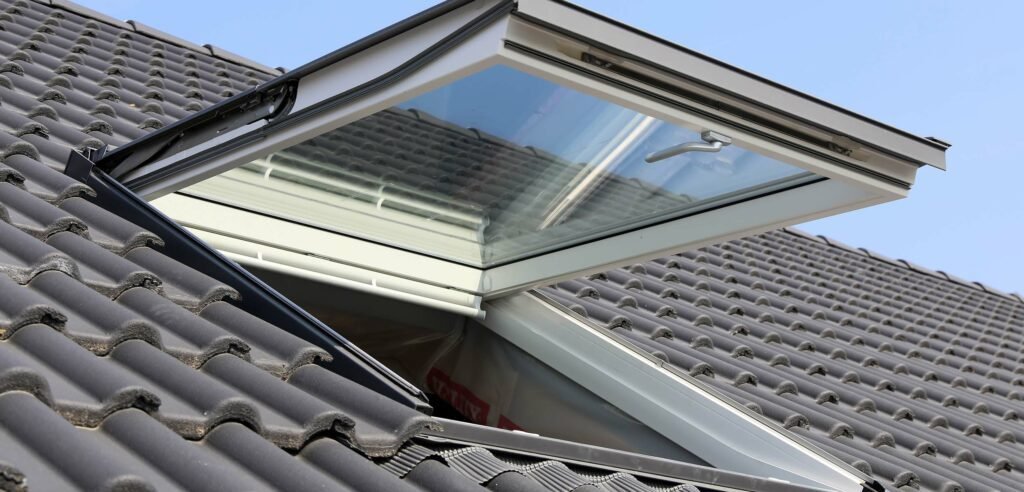In the realm of bedding essentials, the often-overlooked hero is the humble waterproof mattress cover. While it might not have the glamour of luxury sheets or the plushness of memory foam pillows, its significance cannot be overstated. Waterproof mattress covers are a crucial addition to your bedding ensemble, offering protection against spills, stains, allergens, and even bed bugs. Moreover, they can enhance the comfort and longevity of your mattress, ensuring a restful sleep night after night. In this comprehensive guide, we delve into the world of waterproof mattress covers, exploring their benefits, types, features, and tips for choosing the right one for your needs.
Why Waterproof Mattress Covers Matter
Your mattress is a significant investment, both in terms of money and comfort. Protecting it from liquid spills, sweat, or accidents is essential to prolong its lifespan. Waterproof mattress covers act as a barrier, preventing moisture from seeping into the mattress and causing damage such as mold, mildew, or odor buildup. Moreover, they safeguard against allergens like dust mites, pet dander, and pollen, providing a healthier sleep environment, particularly for allergy sufferers.
Types of Waterproof Mattress Covers
Vinyl Covers: Traditionally, vinyl covers were the go-to option for waterproof protection. They are affordable and effective at blocking liquids. However, they are often criticized for being noisy, stiff, and lacking breathability.
Polyurethane Covers: Modern waterproof mattress covers often feature polyurethane, a breathable and flexible material that offers excellent waterproofing without the drawbacks of vinyl. Polyurethane covers are softer, quieter, and more comfortable to sleep on.
Hybrid Covers: Some mattress covers combine waterproofing materials with additional features like cooling fabrics, hypoallergenic properties, or extra padding for added comfort.
Key Features to Consider
Waterproofing: The primary function of a waterproof mattress cover is to repel liquids effectively. Look for covers with a waterproof membrane that can withstand spills without compromising breathability.
Breathability: A breathable mattress cover allows air to circulate, preventing heat buildup and promoting a cooler sleep environment. Polyurethane covers are known for their breathability compared to vinyl.
Hypoallergenic Properties: If you suffer from allergies, choose a mattress cover that is hypoallergenic and resistant to dust mites, bacteria, and other allergens.
Ease of Maintenance: Opt for a cover that is easy to clean and maintain. Most waterproof mattress covers are machine washable, but check the manufacturer’s instructions for specific care guidelines.
Fit: Ensure that the mattress cover fits your mattress snugly without bunching up or sliding off during the night. Many covers come with elasticized edges or deep pockets to accommodate different mattress depths.
Benefits of Using a Waterproof Mattress Cover
Protects Your Investment: By shielding your mattress from spills, stains, and other damage, a waterproof cover helps extend its lifespan, saving you money in the long run.
Maintains Hygiene: Waterproof covers create a hygienic barrier against allergens, dust mites, and bed bugs, promoting a cleaner and healthier sleep environment.
Enhances Comfort: Some waterproof mattress covers offer additional features such as cooling fabrics or extra padding, improving overall comfort and sleep quality.
Easy to Clean: Unlike trying to clean a mattress directly, which can be challenging and often ineffective, waterproof covers are removable and machine washable, making them easy to clean and maintain.
Tips for Choosing the Right Waterproof Mattress Cover
Consider Your Needs: Determine whether you prioritize waterproofing, breathability, hypoallergenic properties, or additional comfort features when selecting a mattress cover.
Check Compatibility: Make sure the cover is compatible with your mattress size and depth. Most covers come in standard sizes (twin, full, queen, king), but it’s essential to double-check measurements.
Read Reviews: Before making a purchase, read customer reviews to gauge the quality, durability, and performance of the mattress cover.
Look for Warranty: A reputable manufacturer often backs their products with a warranty, giving you peace of mind against manufacturing defects or premature wear and tear.
Conclusion
A waterproof mattress cover may not be the most glamorous bedding accessory, but its role in protecting your mattress and enhancing sleep quality cannot be overstated. By investing in a high-quality waterproof cover that suits your needs and preferences, you can safeguard your mattress against spills, stains, allergens, and other potential hazards while relishing a serene and cozy sleep experience for years ahead. Choose wisely, and let your mattress stay as fresh and cozy as the day you bought it.













